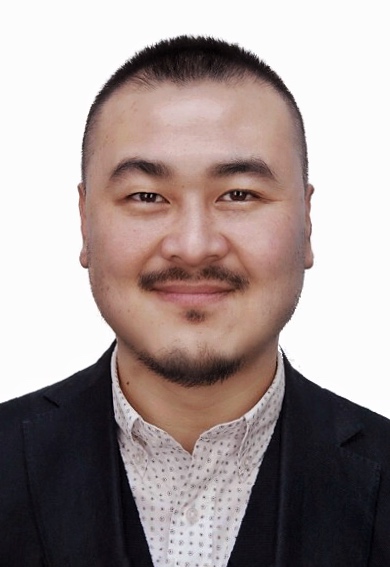Biography
Dr Muy-Teck Teh received his Biomedical Science degree (B.Sc. Hons, 1996) and PhD in Molecular Physiology (2000) from King’s College London, UK. Following two postdoctoral trainings funded by Wellcome Trust and Cancer Research UK. He is currently a tenured Senior Lecturer (Associate Professor) in Head and Neck Cancer at the Barts & the London School of Medicine & Dentistry, Queen Mary University of London, leading a clinical translational research group investigating cancer biomarker discovery, molecular diagnostics, molecular reprogramming of adult epithelial stem cell renewal, differentiation, and senescence. Dr Teh was awarded “Molecule of the Year 2010” for his pioneering research on FOXM1 in human cancer initiation. Overall, he aims to translate basic science into clinical applications and towards personalised medicine based on a combination of patient’s genetic, epigenetic, exosomal and gene expression signatures. Dr Teh has published over 50 papers in high impact journals including Nature Genetics, Cancer Research, Journal of Cell Science, American Journal of Human Genetics, Molecular Cancer, Genes Chromosomes & Cancer and International Journal of Cancer. He is also on editorial boards of several reputed international peer-reviewed journals and acted as grant reviewers for various UK and EU funding bodies and charities. Dr Teh has international collaborators from USA, Norway, Switzerland, Sri Lanka, Malaysia and China on clinical translation of molecular diagnostics for quantitative cancer detection.
Research Interest
Transcriptomics, epigenomics, genomics, SNP, LOH, CNA, bioinformatics, reverse transcription quantitative real-time PCR (RT-qPCR), biomarker selection from omics big databases, clinical translational research, human primary cell culture, molecular biology, cloning, retroviral transduction, organotypic 3D cultures, exosome study, differential ultracentrifugation.
Related Publications
-
Non-alcoholic Fatty Liver Disease and Hepatic Lipotoxicity
Editorial: J Med Toxicol Res 2017, 1:1
DOI:
Wulin Yang
-
Introduction to Journal of Medical Toxicology Research
Editorial: J Med Toxicol Res 2017, 1:1
DOI:
Karen Gregory Mulkijanyan
-
Evaluation of Organochlorine Pesticide Residues in Underground water of the Mostaganem Region, Algeria
Research Article: J Med Toxicol Res 2017, 1:1
DOI:
Tasfaout A, Youcef H, Naas K, Chefirat B and Rezkallah H
-
Methadone Extraction by Modified QuEChERS Method in Post-mortem Samples by Gas Chromatography-Mass Spectrometry
Research Article: J Med Toxicol Res 2017, 1:1
DOI:
Seyed Majid Salami Asl, Mohammad Javad Khodayar, Zahra Mousavi and Maryam Akgagri
-
Effects of Differently Processed Rehmannia Roots on Dexamethasone-induced Side Effects in Rats
Research Article: J Med Toxicol Res 2018, 1:1
DOI:
Zhang FF, Wen XS*, Lu YF, Luo SF, Lv C and Xian CJ
